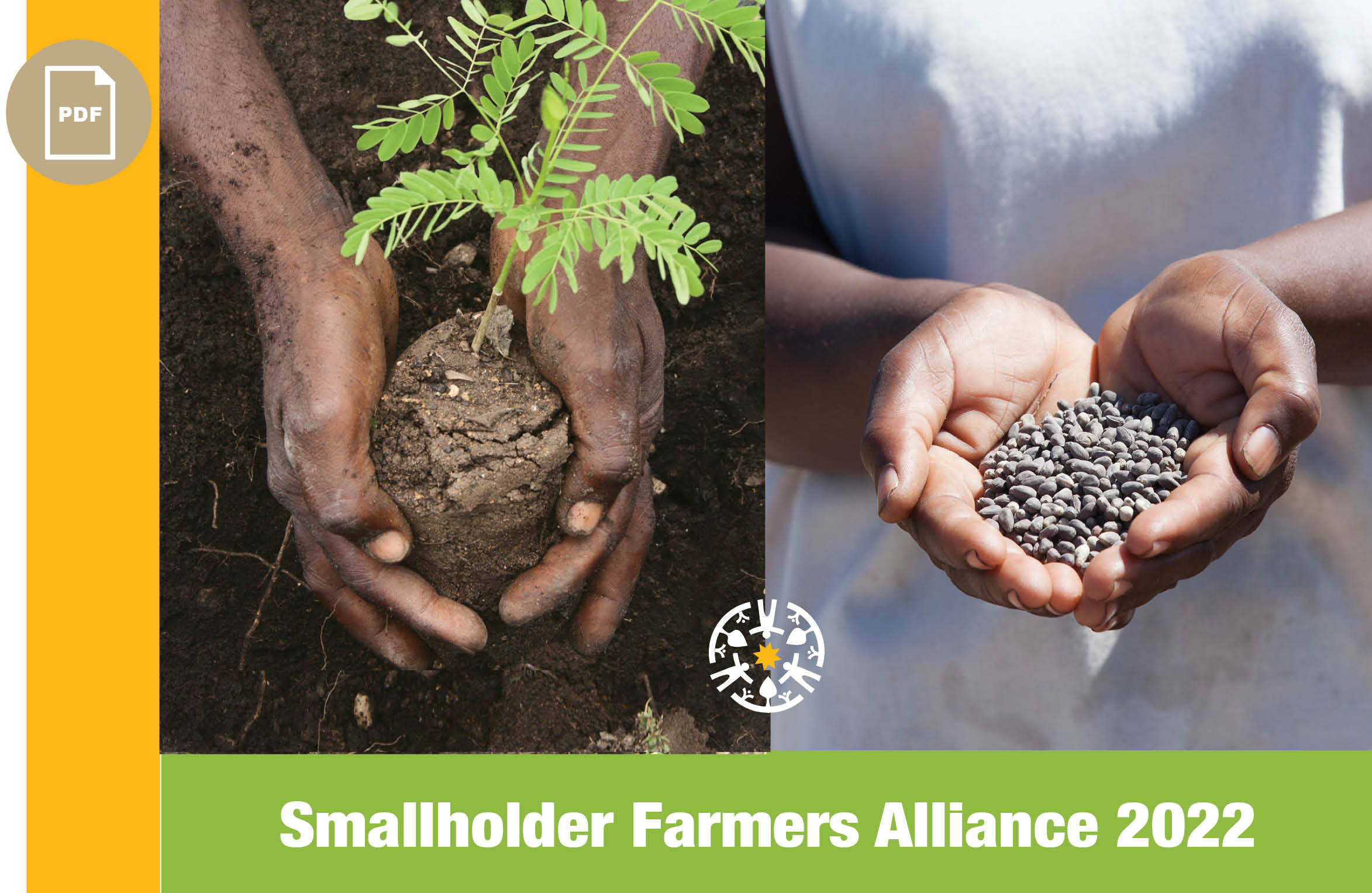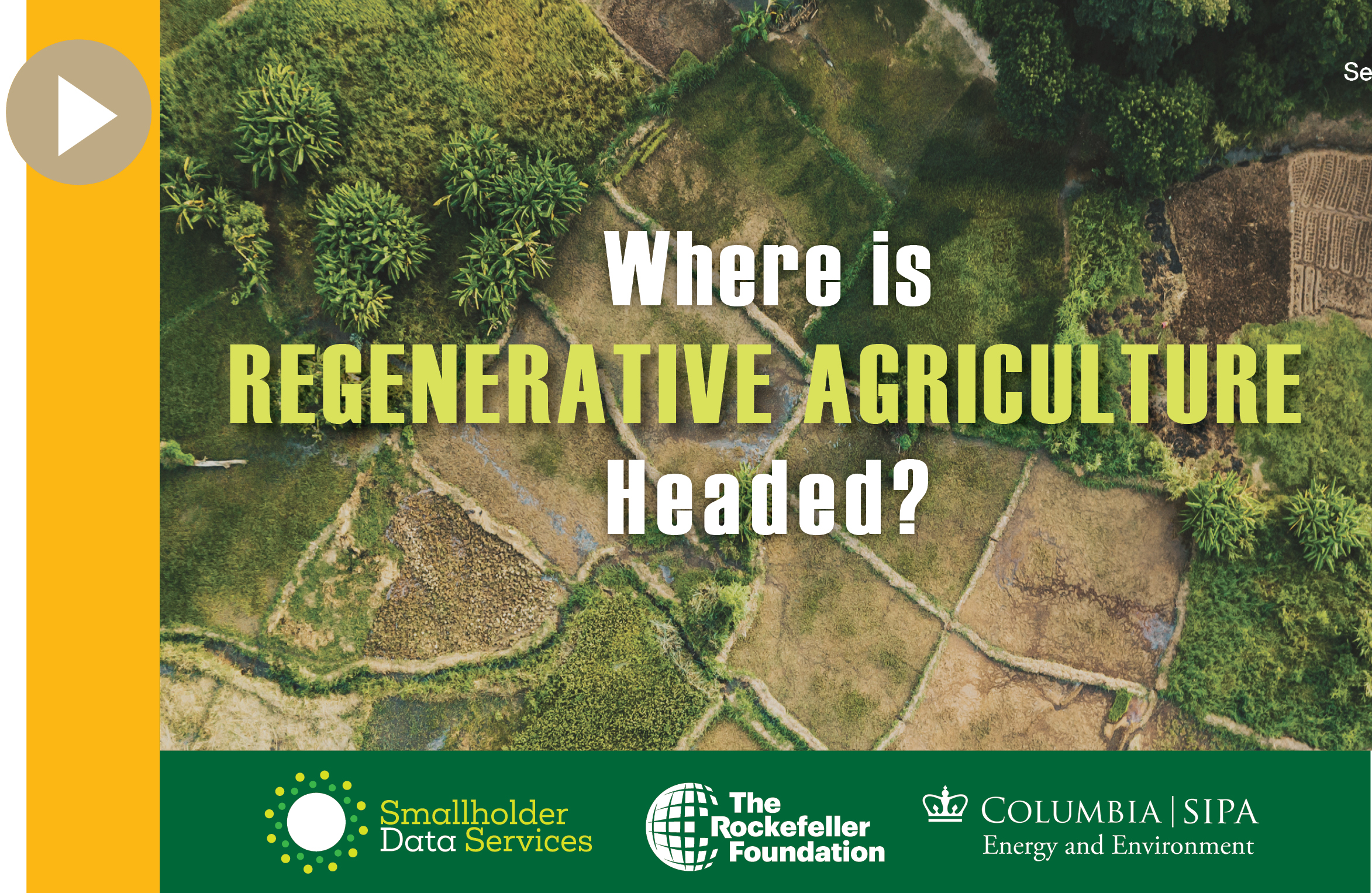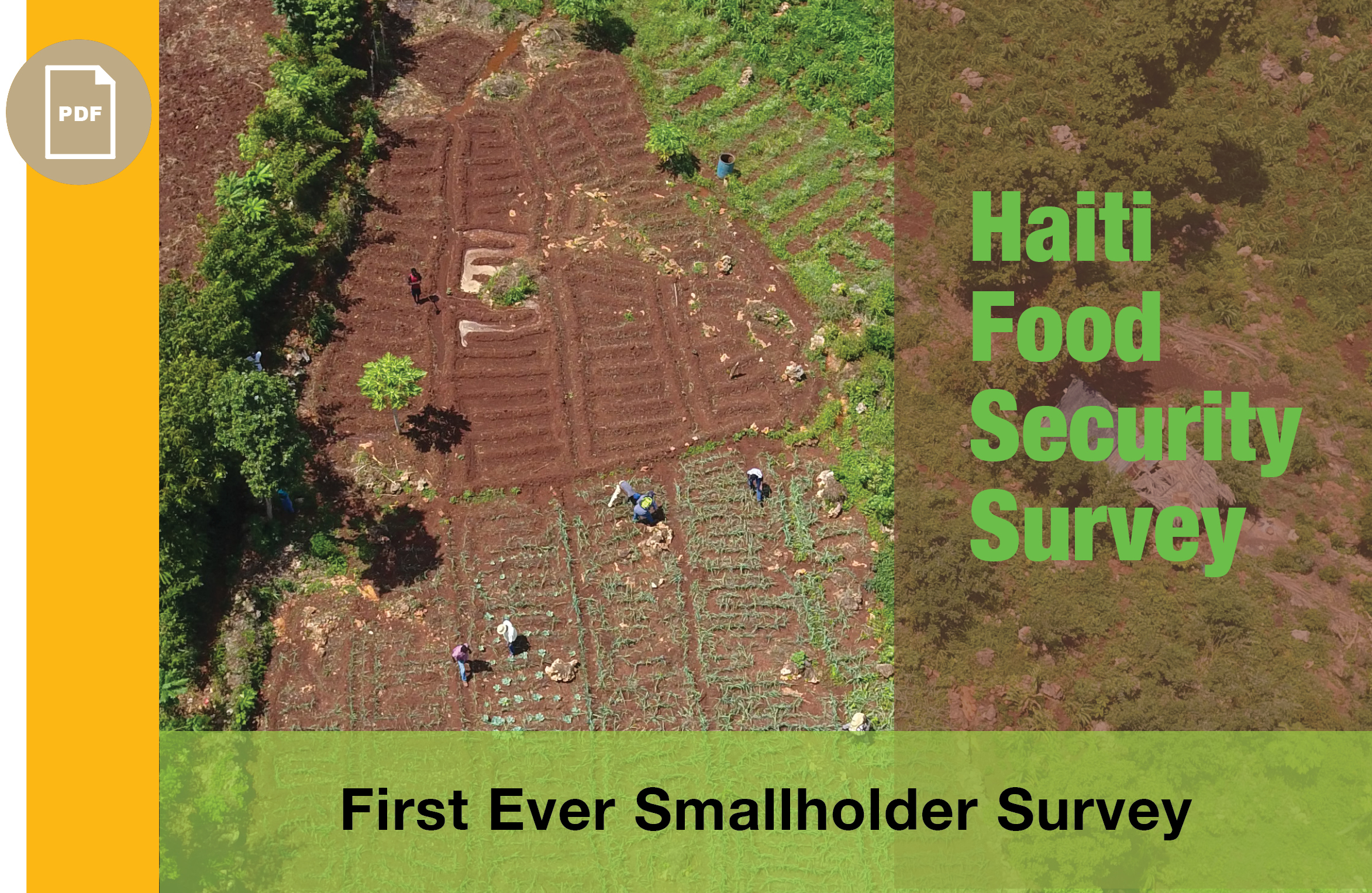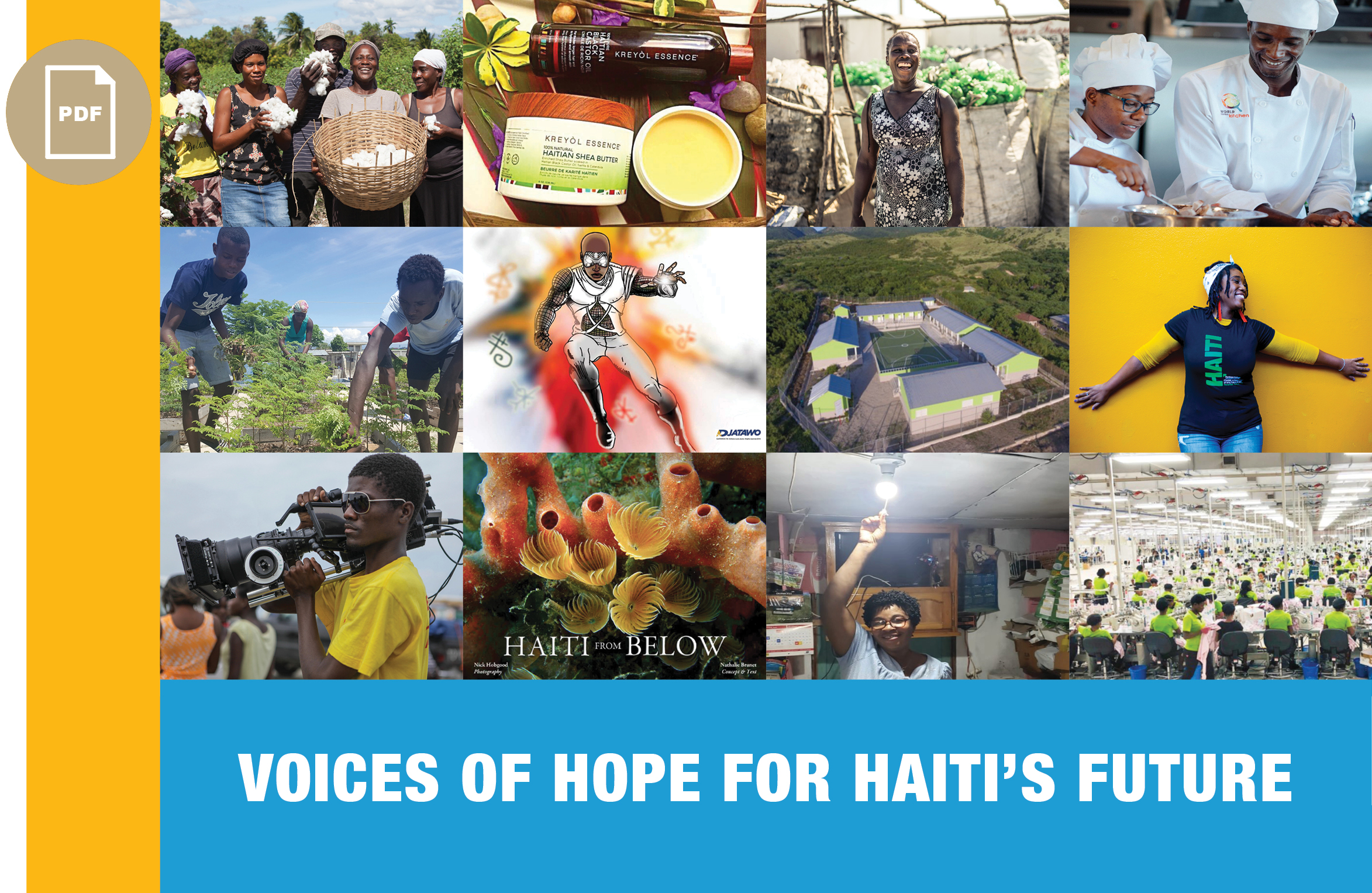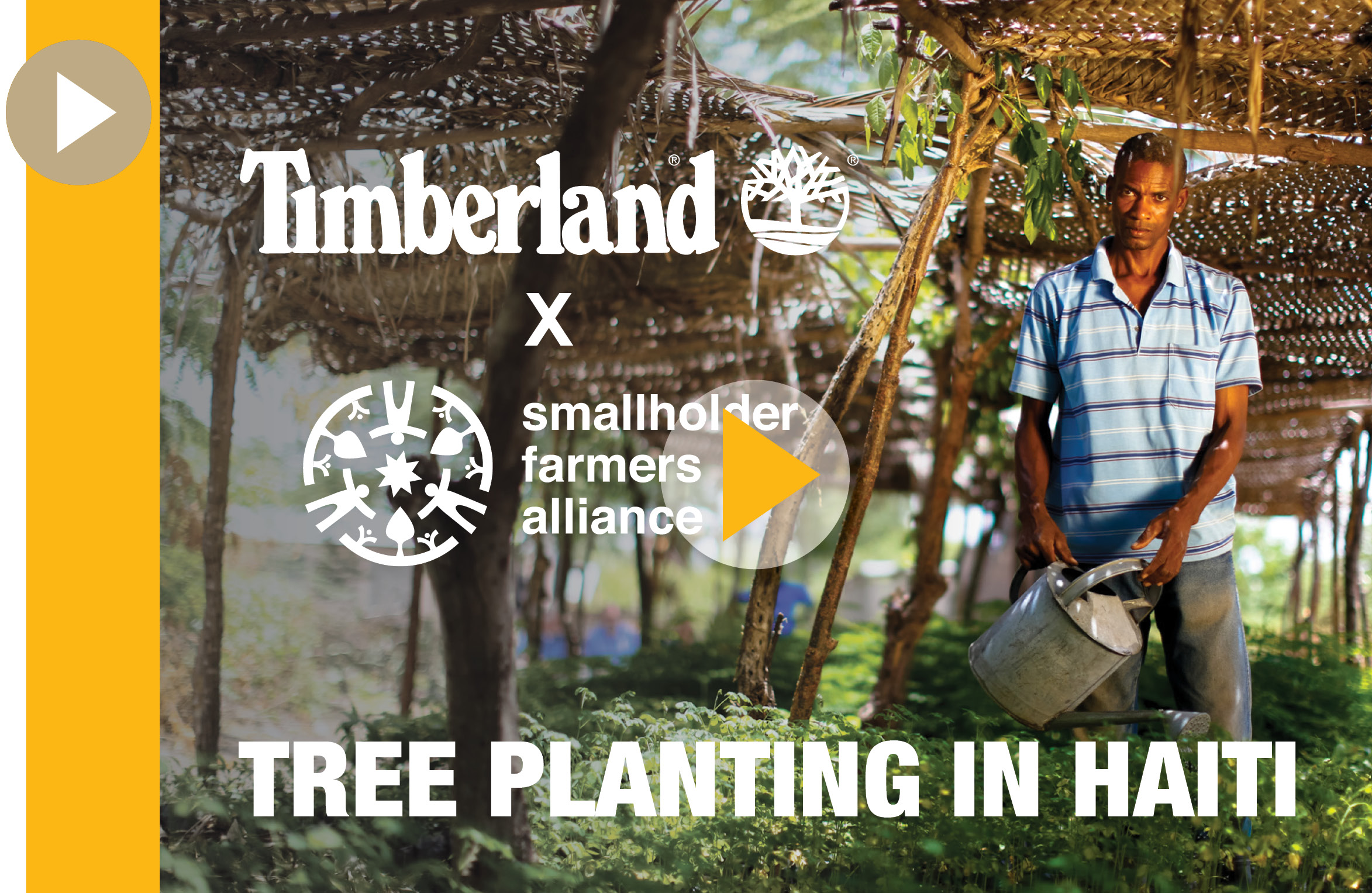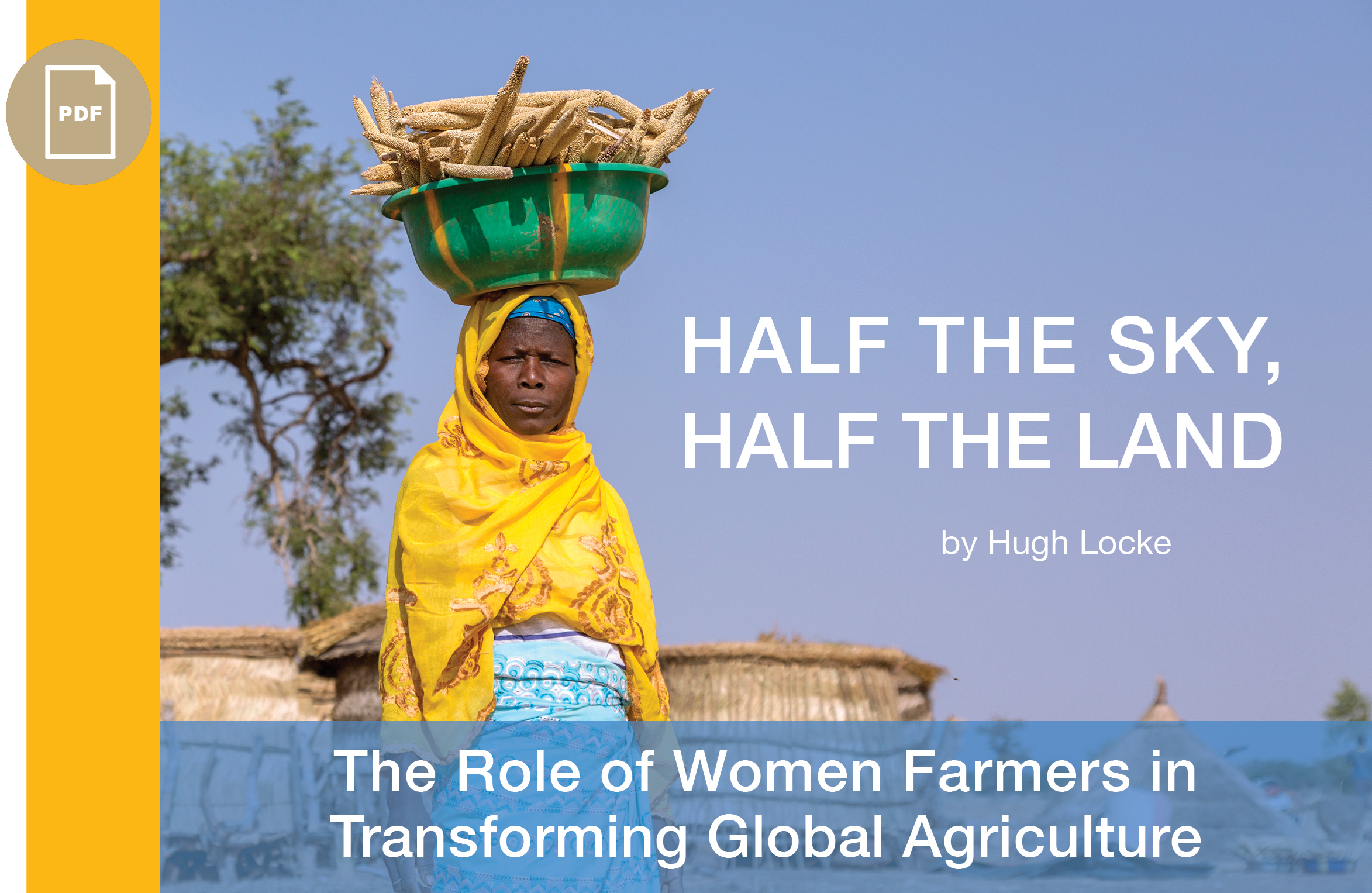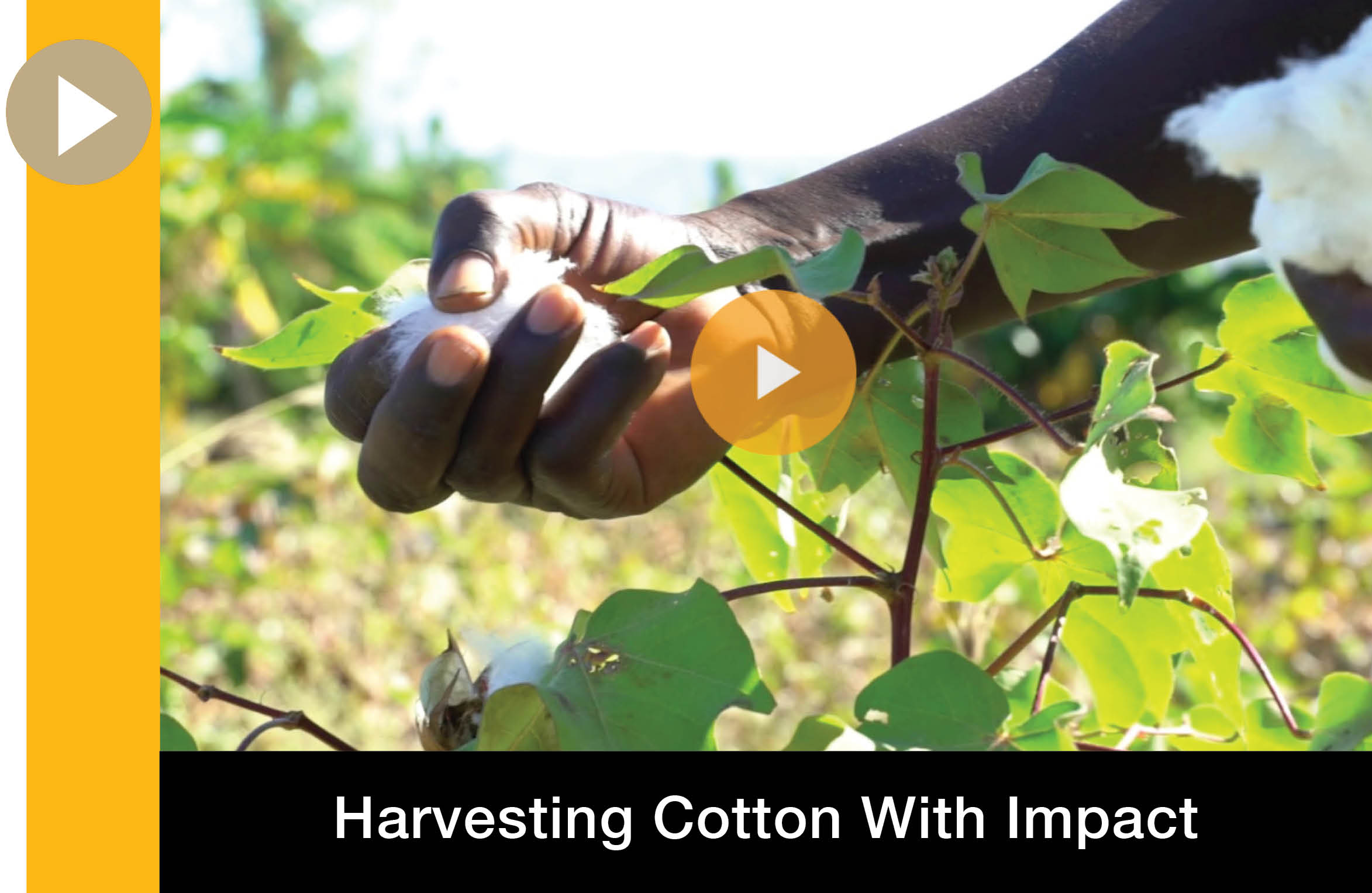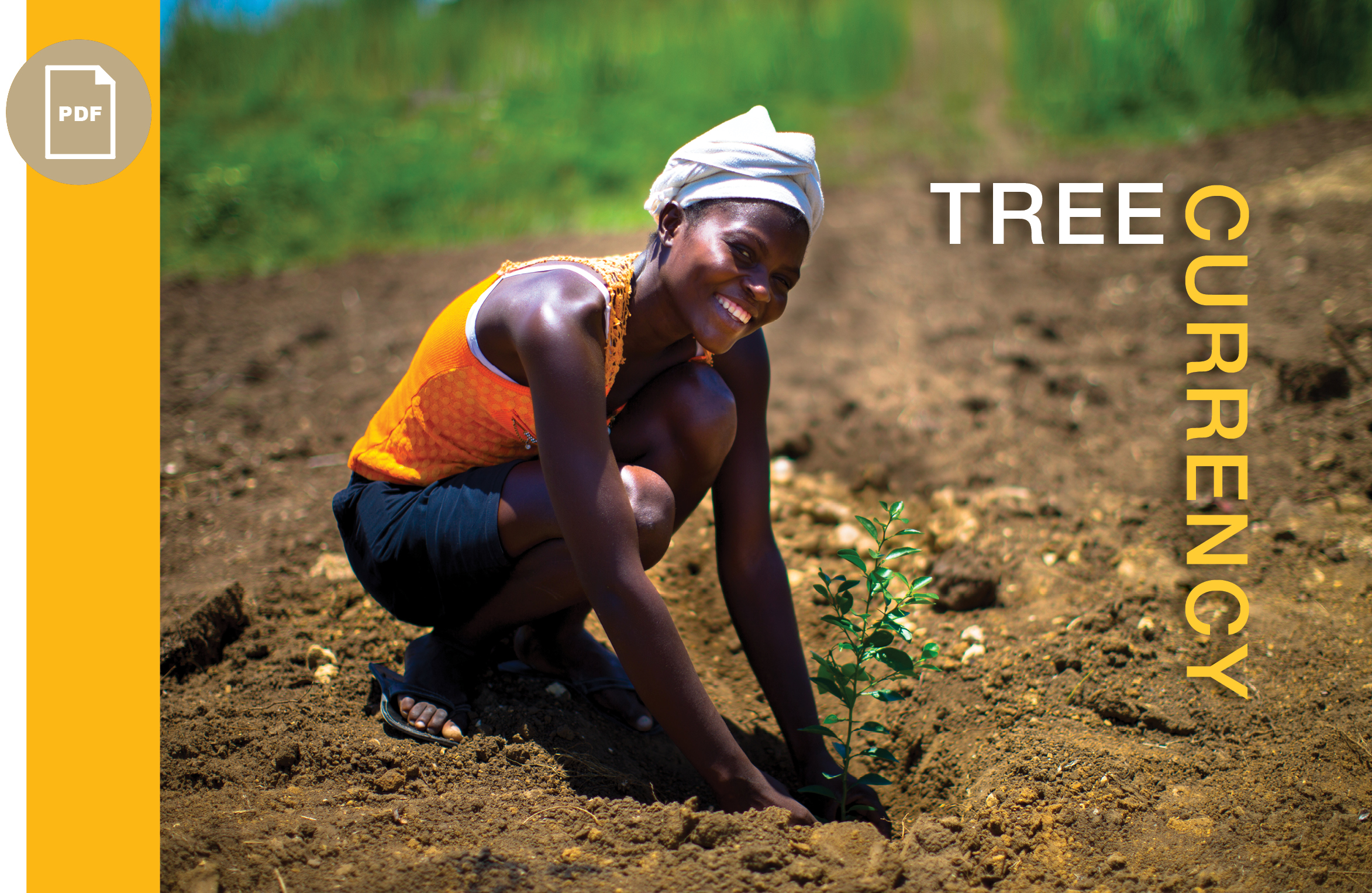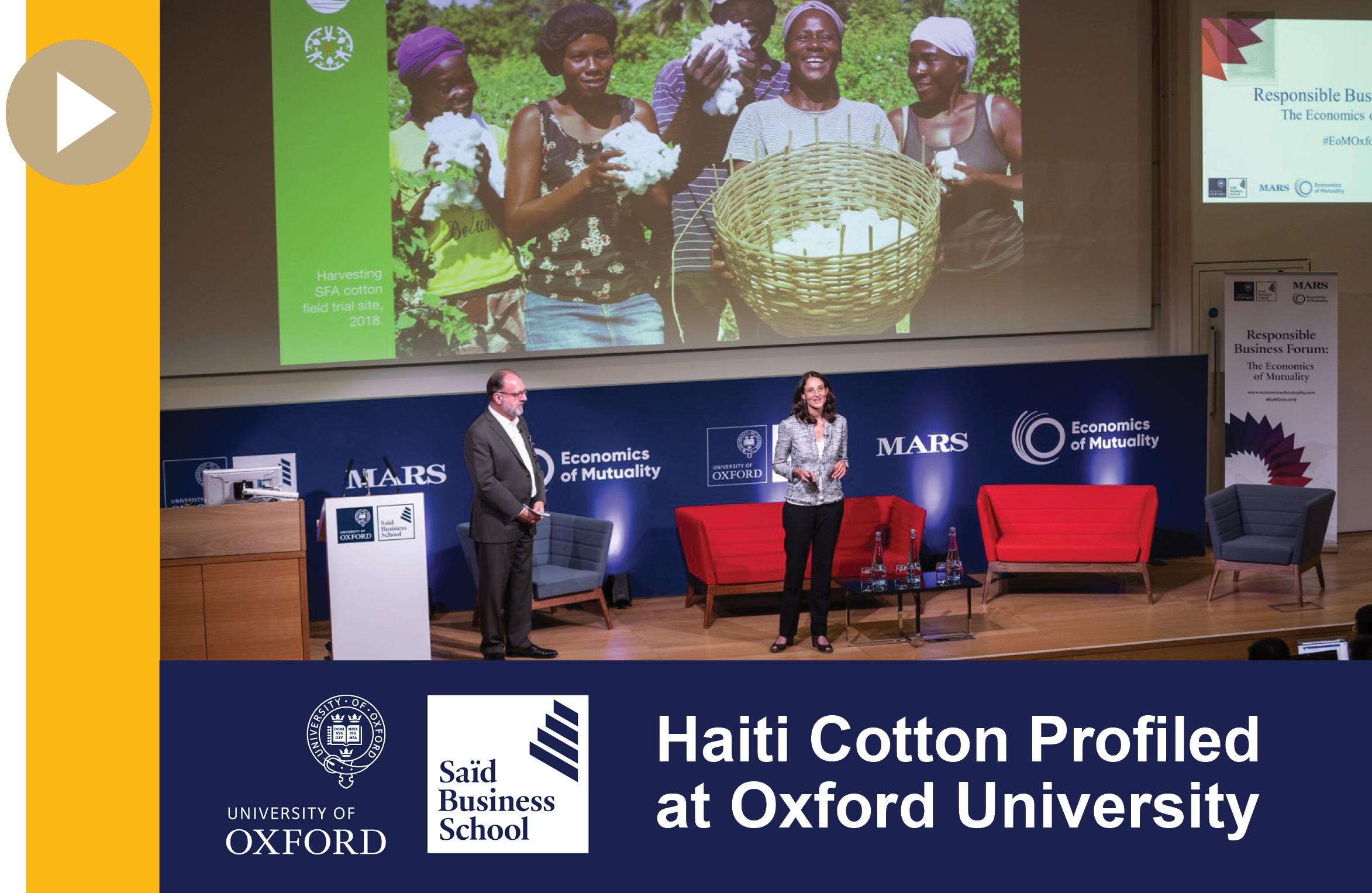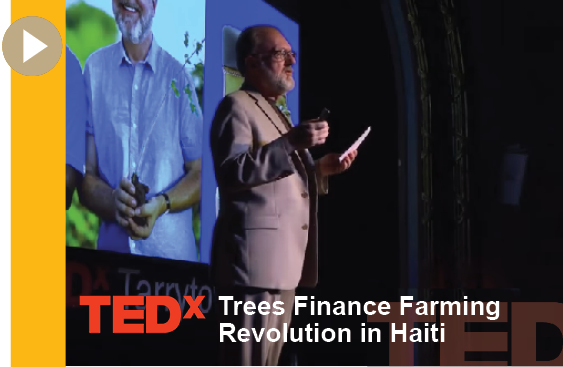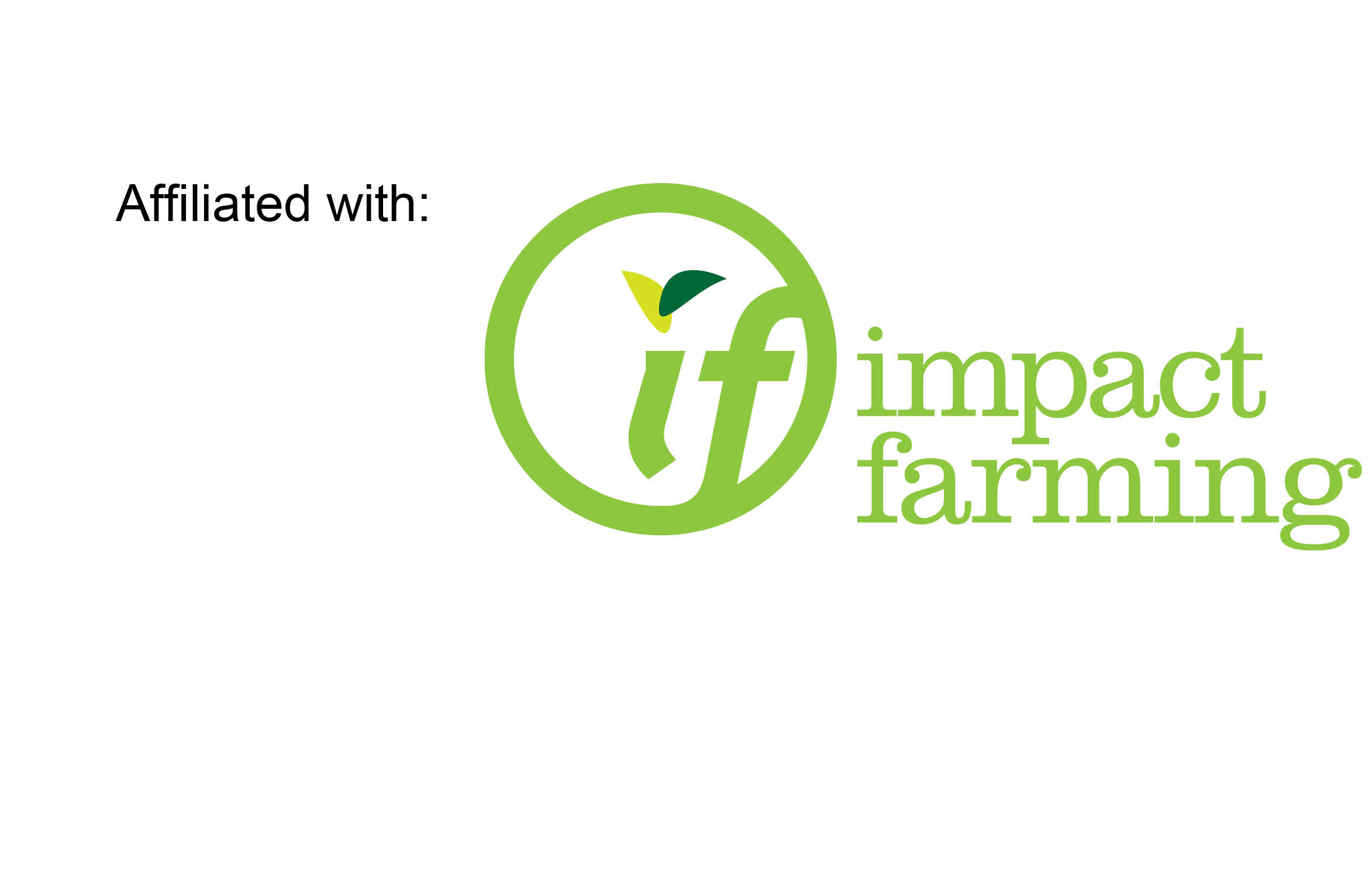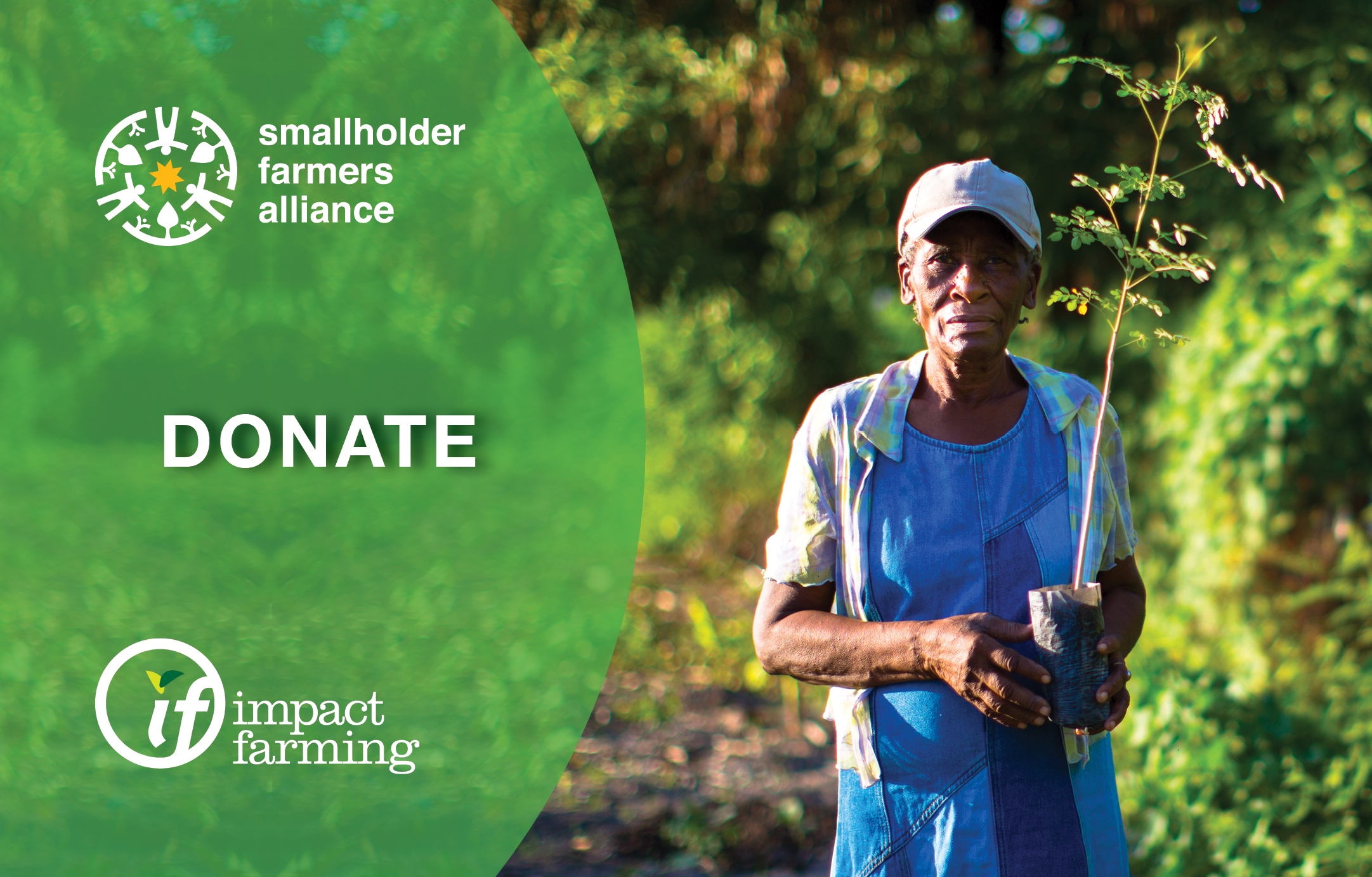 A farmer walks with her son during a potato harvest in Huancavelica, southern Peru. Smallholder farmers
A farmer walks with her son during a potato harvest in Huancavelica, southern Peru. Smallholder farmers
produce nearly 70% of all food consumed worldwide. Photograph: Martin Mejia/AP
One-third of the world’s 7.3 billion people are smallholder family farmers who produce nearly 70% of all food consumed worldwide. So why aren’t we doing more to protect them?
REPRINT > by Hugh Locke for The Guardian / May 12, 2015
A third of the world’s 7.3 billion people are smallholder farmers and their families who produce nearly 70% of all food consumed worldwide on 60% of the planet’s arable land. For what sounds like a major part of the global economy, you would expect these farmers to be relatively well off and financially secure. But they aren’t. In fact, they represent the majority of the poorest and hungriest people on earth. How did this happen?
Click to read more ...
 Friday, October 30, 2015 |
Friday, October 30, 2015 |  Hugh Locke
Hugh Locke 
